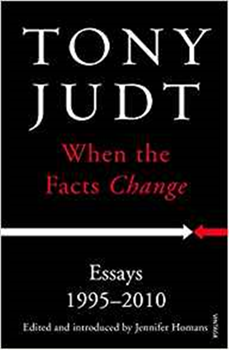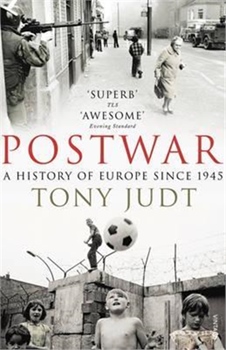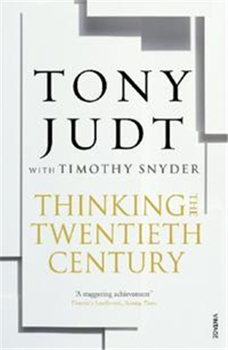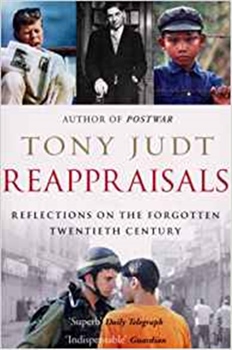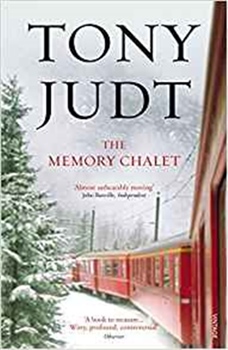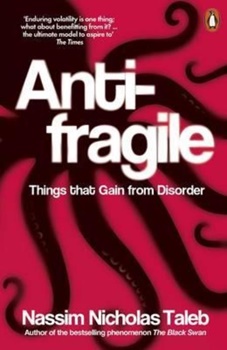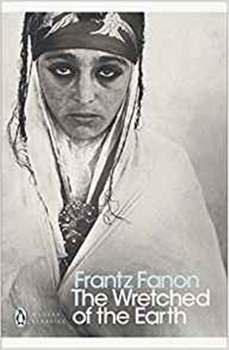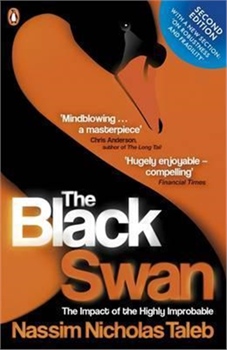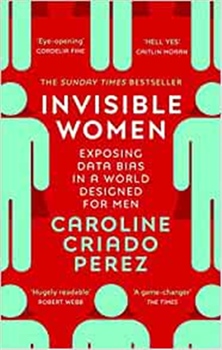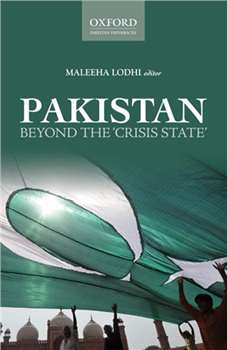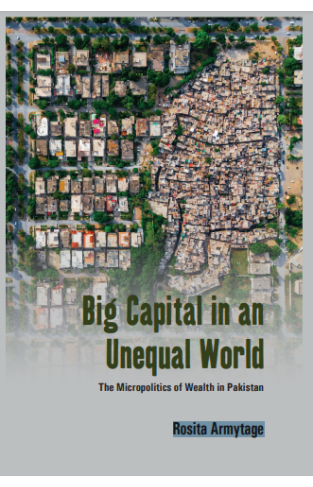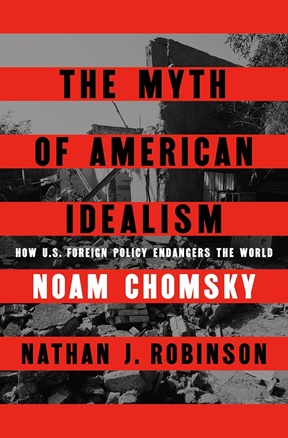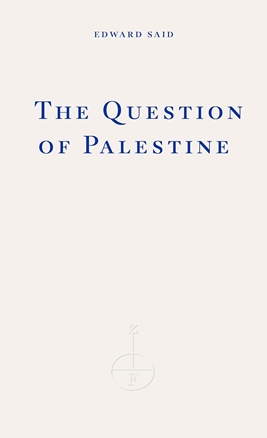Description
A great thinker's final testament: a characteristically wise and forthright collection of essays from the author of Postwar and Thinking the Twentieth Century, spanning a career of extraordinary intellectual engagement. Edited and introduced by Jennifer Homans. Tony Judtâe(tm)s first collection of essays, Reappraisals, was centred on twentieth-century Europe in history and memory. Some of Judtâe(tm)s most prominent and indeed controversial essays felt outside of the scope of Reappraisals, most notably his writings on the state of Israel and its relationship to Palestine. There would be time, it was thought, to fit these essays into a larger frame. Sadly, this would not be the case, at least during the authorâe(tm)s own life. Now, in When the Facts Change, Tony Judtâe(tm)s widow and fellow historian, Jennifer Homans, has found the frame, gathering together important essays from the span of Judtâe(tm)s career that chronicle both the evolution of his thought and the remarkable consistency of his passionate engagement and intellectual élan. Whether the subject is the scholarly poverty of the new social history, the willful blindness of French collective memory about what happened to the countryâe(tm)s Jews during World War II, or the moral challenge to Israel of the so-called Palestinian problem, the majesty of Tony Judtâe(tm)s work lies in his combination of unsparing honesty, intellectual brilliance, and ethical clarity. When the Facts Change exemplifies the utility, indeed the necessity, of minding our history and not letting cheerful fictions suffice in its place. An emphatic demonstration of the power of a great historian to connect us more deeply to the world as it was, as it is, and as it should be, it is a fitting capstone to an extraordinary body of work.
About the Author
Born in 1948, Tony Judt was raised in the East End of London by a mother whose parents had immigrated from Russia and a Belgian father who descended from a line of Lithuanian rabbis. Judt was educated at Emanuel School, before receiving a BA (1969) and PhD (1972) in history from the University of Cambridge.Like many other Jewish parents living in postwar Europe, his mother and father were secular, but they sent him to Hebrew school and steeped him in the Yiddish culture of his grandparents, which Judt says he still thinks of wistfully. Urged on by his parents, Judt enthusiastically waded into the world of Israeli politics at age 15. He helped promote the migration of British Jews to Israel. In 1966, having won an exhibition to King's College Cambridge, he took a gap year and went to work on kibbutz Machanaim. When Nasser expelled UN troops from Sinai in 1967, and Israel mobilized for war, like many European Jews, he volunteered to replace kibbutz members who had been called up. During and in the aftermath of the Six-Day War, he worked as a driver and translator for the Israel Defense Forces.But during the aftermath of the war, Judt's belief in the Zionist enterprise began to unravel. "I went with this idealistic fantasy of creating a socialist, communitarian country through work," Judt has said. The problem, he began to believe, was that this view was "remarkably unconscious of the people who had been kicked out of the country and were suffering in refugee camps to make this fantasy possible."Career: King's College, Cambridge, England, fellow, 1972-78; University of California at Berkeley, assistant professor, 1978-80; St. Anne's College, Oxford University, Oxford, England, fellow, 1980-87; New York University, New York, NY, professor of history, 1987--, director of Remarque Institute, 1995--.Awards: American Council of Learned Societies, fellow, 1980; British Academy Award for Research, 1984; Nuffield Foundation fellow, 1986; Guggenheim fellow, 1989; Pulitzer Prize in general nonfiction finalist, 2006, for Postwar: A History of Europe since 1945.
